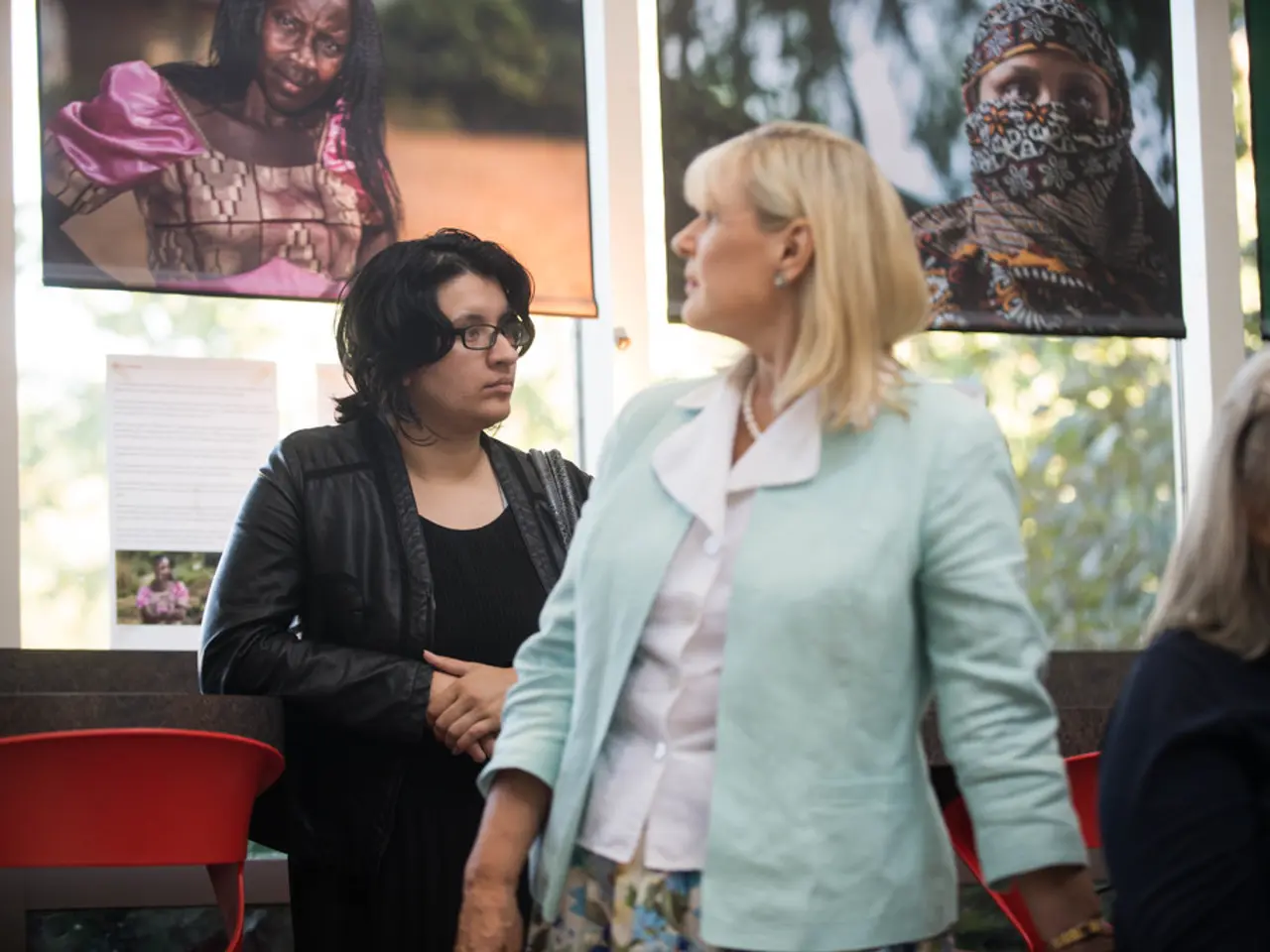Approval of 2025-2026 development blueprint featuring 141 projects, reinforces strategic goals of Vision 2035 agenda
Kuwait is gearing up for a transformative future as the country embarks on a series of significant development projects, all part of the Kuwait Vision 2035 agenda. The ambitious plan, which aims to turn Kuwait into a regional financial and commercial hub, includes 141 approved projects with a total budget allocation of $6 billion for infrastructure and capital spending of $5.7 billion.
At the heart of these initiatives are key projects such as the construction of the Mubarak Al-Kabeer Port, a strategic maritime infrastructure designed to boost Kuwait's logistics and trade capabilities. The expansion of Kuwait International Airport – Terminal 2 is another notable project, aimed at enhancing air transport capacity and services.
The new Al-Sabah Hospital, a significant healthcare facility, is set to improve medical services, while the South Sabah Al-Ahmad Residential Complex focuses on housing development for citizens. Phase IV of the Subbiya Electricity and Water Plant, which includes a 900-megawatt gas turbine unit, will strengthen power generation and water supply.
These projects are not just about modernizing the country's infrastructure, but also about improving public services, supporting economic diversification, and meeting the needs of the population. They serve the overarching goals of Kuwait Vision 2035, which is to attract investments, support a knowledge economy, and provide a dignified quality of life for residents.
The development plan emphasizes improvements in transport, utilities, healthcare, and residential infrastructure as foundational pillars of the country's future growth. The plan also reaffirms Kuwait's determination to meet its developmental goals, enhance government performance, preserve social equity, and position the nation as a competitive player in the global economy.
In addition, the Cabinet approved a strategic package of initiatives and decisions for the country's development. The meeting also approved the final accounts of several independent institutions for fiscal 2024-2025, including the Central Bank of Kuwait, KUNA, the Capital Markets Authority, and others.
Minister of Commerce and Industry Khalifa Al-Ajeel presented updates on the multi-purpose service zone (formerly the Shuwaikh Free Zone). The government is currently working to resolve infrastructure issues and unlock the zone's economic potential.
The Cabinet also emphasized securing decent living conditions for individuals whose citizenships were revoked under the 'Distinguished Deeds' category. The meeting reviewed messages from heads of state of friendly nations focused on strengthening bilateral ties and expanding cooperation across sectors.
The Kuwait Oil Company's donation was approved to supervise the restoration of Ahmadi Market and Ahmadi Cinema. The Cabinet also held a weekly meeting at Bayan Palace, where they discussed and approved various decisions and initiatives.
Kuwait Vision 2035 is built on five strategic pillars: a knowledge-based economy, a supportive government, sustainable prosperity, an empowered citizen, and an international economic zone. With these projects and initiatives underway, Kuwait is well on its way to achieving its vision for a prosperous and dynamic future.
[1] Kuwait Vision 2035 Official Website: [2] Al-Rai Newspaper: [3] Arab Times:
The ambitious business projects in Kuwait, as outlined in the Kuwait Vision 2035 agenda, extend to various sectors, including finance, policy-and-legislation, and general-news, such as the Mubarak Al-Kabeer Port, the expansion of Kuwait International Airport, the Al-Sabah Hospital, and the South Sabah Al-Ahmad Residential Complex.
The strategic package of initiatives approved by the Cabinet for the country's development includes decisions that impact business, finance, and politics, like the multi-purpose service zone and the final accounts of institutions such as the Central Bank of Kuwait. These initiatives are essential components of Kuwait's efforts to transform into a regional financial and commercial hub.




